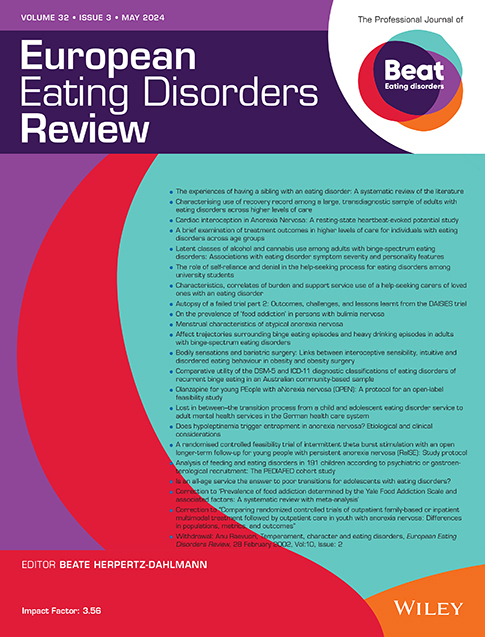The Psychological, Cognitive, and Behavioural Effects of Starvation in Humans: A Scoping Review
Abstract
Background
Research has highlighted the physical complications of starvation, but there is less research examining the psychological effects of starvation in humans.
Aims
This scoping review synthesises literature on the non-physical effects of starvation in humans.
Method
Following PRISMA-ScR guidelines, we searched MEDLINE, PsycINFO, and Global Health for studies published between 1946 and 2023 examining the non-physical effects of starvation in individuals aged 2–79 years, including those who were starved, malnourished, stunted, wasted, underweight, had a restrictive eating disorder, or were raised in famine conditions.
Results
From 16,555 abstracts, 851 articles on the effects of malnutrition were reviewed, and 318 were included. Among these, 35% focused on children and adolescents, 25.5% on adults with comorbid illnesses, 17% on older adults, 13% on those with eating disorders, 6% on adults without comorbidities, and 3.5% on famine survivors. Cognitive impairments were the most frequently reported effects in children. In adults and older adults, depression and anxiety were common, along with reduced cognitive functioning, reduced quality of life, social withdrawal, impaired sleep and impaired sexual functioning. Individuals with eating disorders experienced depression, anxiety, obsessive-compulsive symptoms, emotion regulation difficulties, and cognitive impairment.
Conclusions
There is extensive evidence showing the detrimental non-physical consequences of starvation in children and adults. These findings should inform research, clinical interventions, and educational materials addressing the effects of insufficient nutrition, including in those with restrictive eating disorders.

 求助内容:
求助内容: 应助结果提醒方式:
应助结果提醒方式:


